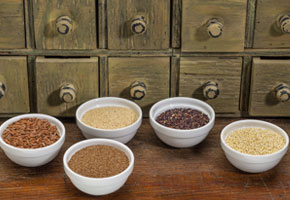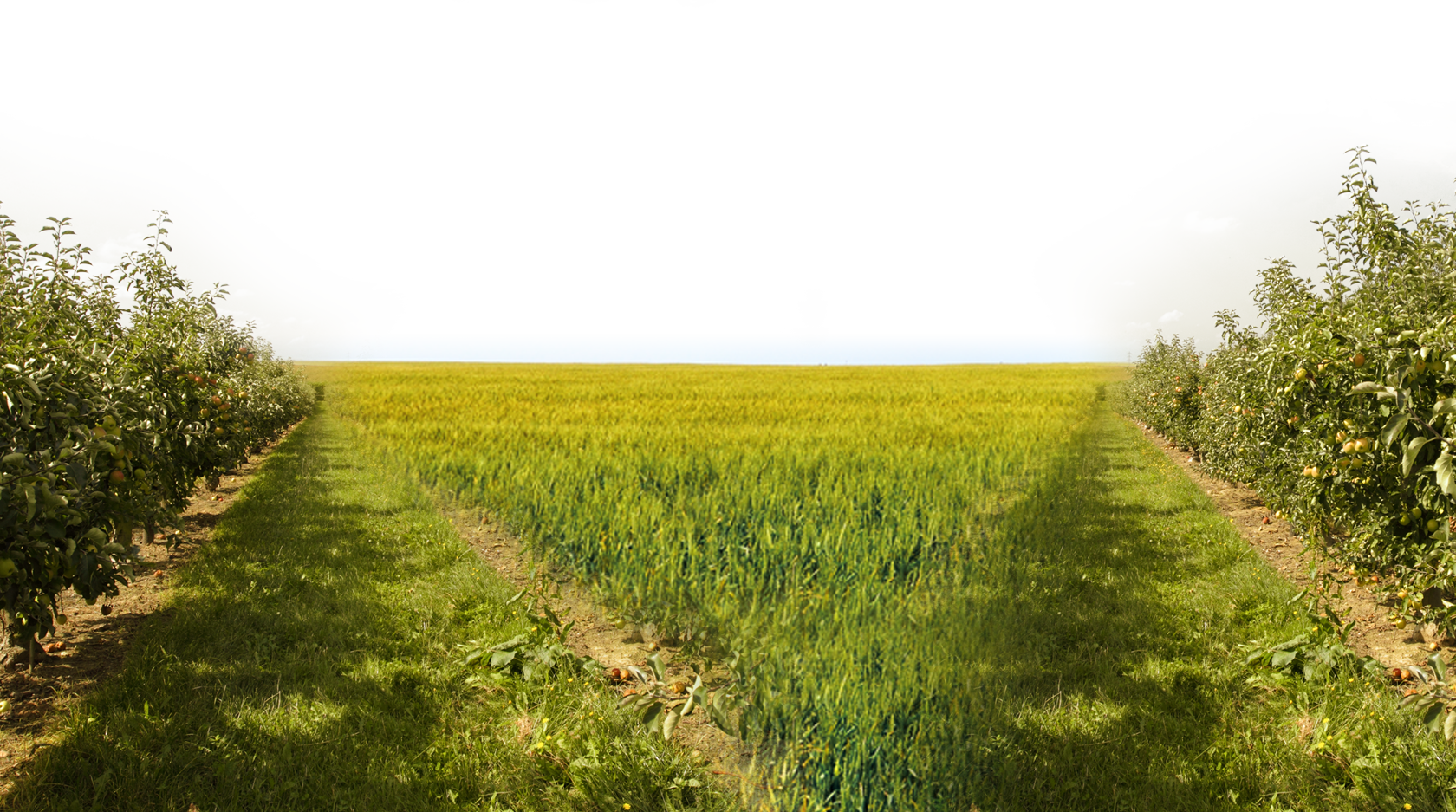
Out with the New, In with the Old
By Dave Carter | 0 Comments | Posted 01/03/2015
For thousands of years, scientists have been taming the genetic traits of plants and animals. Wheat, corn and other grains have been selected primarily on the basis of yields. Cattle and poultry have been bred to pack on as many pounds of meat as possible in the shortest amount of time.
All of this domestication has come with some very expensive trade-offs. The rise of gluten and lactose intolerance are increasingly linked to the inability of many human digestive systems to process the genetic varieties of plants and animals that have been selectively bred over subsequent generations.
That’s why I was intrigued the other day to see some news coming out of the University of Copenhagen suggesting that perhaps it’s time to take a step back—or perhaps several steps back—in looking at new breeding techniques for crops and livestock. Wild varieties of plants and undomesticated breeds of animals in the ancient world carried traits that were naturally drought tolerant, resistant to diseases and harmful insects, and withstood harsh climate changes.
And, the human digestive system evolved as our ancestors consumed those ancient varieties. So, going back in time means restoring a balance that has been upset by many of the so-called advancements in agriculture.
A growing number of farmers are already ahead of the curve on this one. “New” products made from ancient grains like kamut and quinoa are being used in a variety of bakery products that are more easily digested that conventional wheat. Dairy farmers restoring some of the traditional milking breeds of cattle are bringing to market milk that can be enjoyed by people who have been diagnosed as lactose intolerant.
Perhaps the slogan for 2015 should be, Out with the New, In with the Old.


 Contact us
Contact us



























